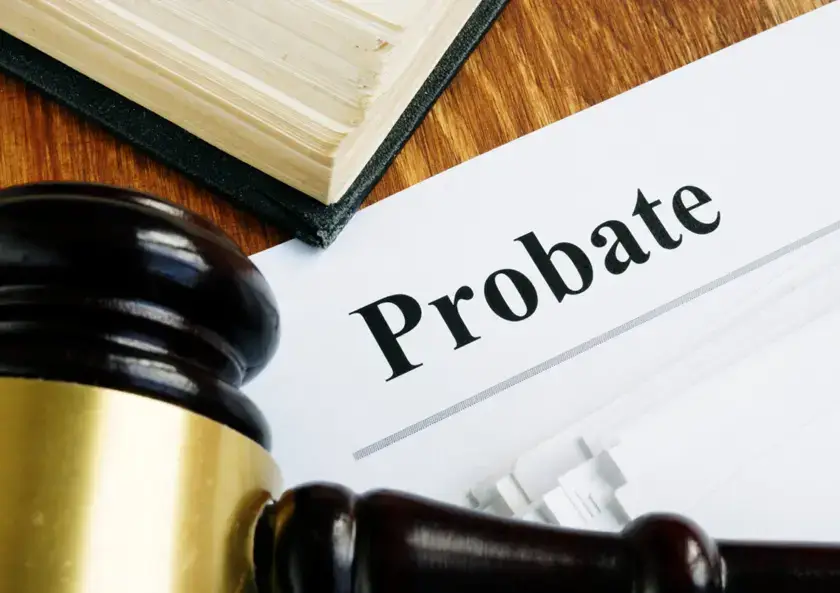Estate planning is a crucial part of ensuring your assets are distributed according to your wishes after you pass away. A last will and testament is a foundational document in this process, but it’s essential to know what you should never put in your will to avoid potential complications and legal issues down the road. In this blog post, we’ll explore what you should avoid including in your will and offer guidance on smart estate planning.
Funeral Instructions
While it may seem logical to include your funeral instructions in your will, it’s not the most practical approach. Wills are often read and executed after the funeral has taken place. Instead, consider discussing your funeral wishes with loved ones and documenting them separately to ensure they are carried out as you desire.
Property Held Jointly or with Beneficiary Designations
Assets like jointly owned property or those with designated beneficiaries, such as life insurance policies or retirement accounts, should not be included in your will. These assets pass directly to the joint owner or designated beneficiary, bypassing the probate process. Review and update beneficiary designations regularly to keep them aligned with your wishes.
Specific Funeral Funds
While you may want to set aside funds for your funeral, it’s best not to specify a particular amount in your will. Instead, create a separate account or trust dedicated to covering funeral expenses. This approach ensures the funds are readily available when needed.
Conditions on Gifts
Adding conditions to gifts in your will can lead to confusion and potential legal challenges. For example, specifying that a beneficiary receives an inheritance only if they meet certain criteria may cause complications. It’s advisable to keep bequests simple and straightforward to avoid disputes.
Illegal or Impossible Requests
Be mindful not to include requests that are against the law or impossible to fulfill. Courts may strike down such provisions in your will. Consult with an attorney to ensure that your requests align with legal requirements.
Non-Financial Matters
Your will is primarily a financial document. While you can express your desires for the care of your pets, it’s better to create a separate pet trust to ensure their well-being. Non-financial matters like guardianship should also be handled through other legal documents.
Changes to Your Will
Instead of scribbling changes or making amendments to your will directly, consult an attorney to draft a codicil or consider creating a new one altogether. Inform your loved ones and your attorney of any updates to your estate plan promptly.
Emotional or Personal Letters
While it’s common to want to leave a heartfelt letter to your loved ones, it’s best not to include it in your will. These letters may not receive the same level of privacy protection as your will, potentially exposing personal sentiments to the public.
Digital Assets and Passwords
In our digital age, it’s essential to consider your online presence. However, it’s not advisable to include passwords or access information in your will. Instead, create a list of digital assets and their corresponding access details, and store it securely. Share this information with a trusted individual or through a digital asset planning service.
If you want to learn more about what to exclude from your will around the Alton, IL area, be sure to contact Diaz Law Offices today!







